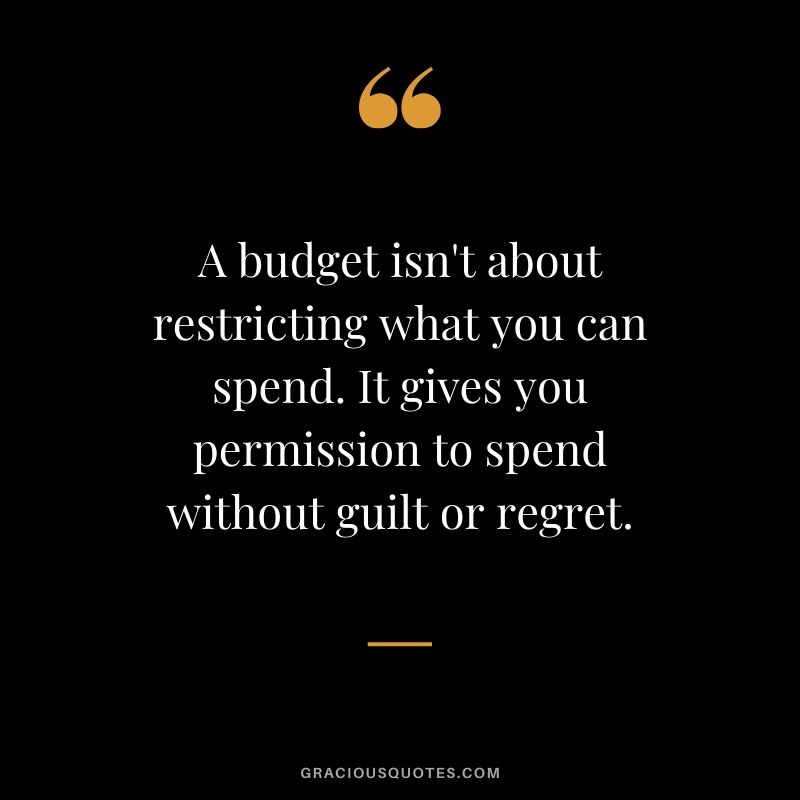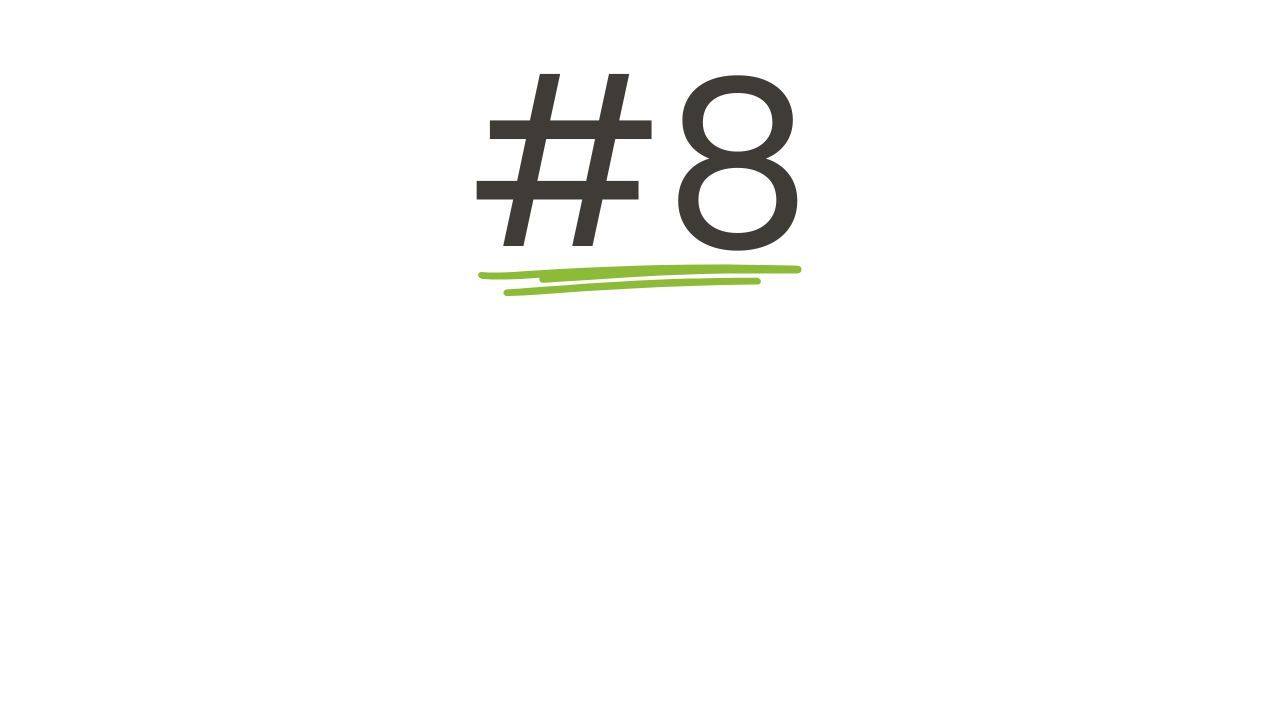Budgeting Doesn't Have to Suck: How to Actually Enjoy Managing Your Money
Join us for our live Budgeting Workshop on January 7th, 2025, where we'll guide you through the process step-by-step.
In this workshop, you'll learn:
- Essential budgeting principles: Master the fundamentals of creating a successful budget.
- Simple tracking techniques: Discover easy ways to track your income and expenses.
- Effective goal-setting strategies: Learn how to set and achieve your financial goals.
- Personalized support: Get your questions answered during this live workshop
Happy New Year!
The new year is a perfect time to commit to working on your finances. It's a fresh start, a clean slate, and a great opportunity to establish new habits that will benefit you throughout the year and beyond.
Let's be honest, the word "budget" has a bit of an image problem. It conjures up images of penny-pinching, restrictive spending, and saying "no" to all the fun stuff. But here's the truth: a budget isn't about deprivation, it's about empowerment!
So today let's reframe how we think about budgeting. I'll show you how to think about the word budget differently so it can actually be a tool for achieving your dreams, big and small, without feeling like you're constantly sacrificing.

Many people resist or fail at budgeting because:
- They think it's too restrictive and it will prevent them from enjoying life.
- They associate it with negativity and see it as a punishment rather than a path to freedom.
- They don't know where to start and the process seems overwhelming and complicated.
Let's dive into each of these and uncover why these this is simply not true.
The Restriction Mindset
People often view budgets as a set of rules that limit their freedom and prevent them from enjoying life. This perception stems comes a few key sources:
- Past experiences: Perhaps you have tried restrictive diets or had strict parents, leading you to associate any form of structure with negativity.
- Fear of missing out: You worry that a budget will force you to say "no" to social events, hobbies, or experiences they value.
- Misconceptions about budgeting: You may picture a budget as a joyless spreadsheet that dictates every penny they spend, leaving no room for spontaneity.
Challenging the Myth
The truth is, a well-designed budget is not about restriction; it's about conscious spending. It's about making intentional choices about how to allocate your money in a way that aligns with your values and priorities.
Here's how to shift the perspective:
- Focus on what you can do: Instead of dwelling on what you "can't" afford, highlight the things your budget enables you to do. For example, "By budgeting, I can finally save for Christmas rather than charge it to a credit card!"
- Build in flexibility: Don't create a budget that's so strict it feels suffocating. Include categories for fun and entertainment, and allow for some spontaneous spending. We call this "blow" money in our budget. It is a set amount each month we can do whatever we want with.
- Prioritize your values: A budget helps you prioritize spending on the things that truly matter to you. If travel is a priority, allocate more funds to that category and cut back elsewhere.
- View it as a tool for freedom: A budget can actually increase your freedom by reducing financial stress and giving you more control over your money.
By emphasizing the positive aspects of budgeting and demonstrating how it can lead to a more fulfilling life, you can overcome the fear of restriction and embrace a more empowered approach to their finances.
The "Fun Police" Fallacy
Many people associate budgets with a loss of spontaneity and enjoyment. They envision a scenario where every purchase is scrutinized, every fun activity is denied, and life becomes a series of "no's." This perception often stems from:
- Confusing budgets with deprivation: You may equate budgeting with extreme frugality or self-denial, believing it requires sacrificing all the things that make life enjoyable.
- Past negative experiences: Perhaps you have witnessed friends or family members with overly restrictive budgets that seemed to suck the joy out of life.
- Media portrayals: Movies and TV shows often depict budgets as tools for boring, responsible characters, reinforcing the idea that budgeting is incompatible with having fun.
Reframing the Fun Police Narrative
The key to overcoming this misconception is to emphasize that a budget is not about deprivation, but about conscious spending. It's about making deliberate choices about how to allocate your money so you can enjoy the things that truly matter to you, guilt-free.
Here's how to shift the perspective:
- Highlight the "fun money" factor: We encourage people to include a category in their budget (when possible) specifically for entertainment, hobbies, and social activities. This demonstrates that budgeting doesn't mean giving up on fun.
- Emphasize long-term enjoyment: A budget can help you save for experiences you'll cherish for years to come, like a dream vacation or a down payment on a home.
- Budgets are flexible and balanced: You need to create a budget that is realistic and adaptable to your changing needs. Things happen and budget can help with that unpredictability.
By reframing the narrative around budgeting and highlighting its potential to enhance, rather than hinder, enjoyment, you can overcome the fear and embrace a more empowered approach to your finances.
The "Overwhelm" Obstacle
A quick Google search for "learning to budget" explodes with millions of results: articles, apps, calculators, methods, and more. It's enough to make anyone's head spin. This information overload often leads to:
- Analysis paralysis: People get so bogged down in researching different budgeting methods that they never actually start.
- Feeling inadequate: They compare themselves to "experts" and assume budgeting is too complex for them to handle.
- Giving up before they begin: The sheer volume of information makes the process seem insurmountable, leading to procrastination and avoidance.
Don't let another year go by feeling overwhelmed by your finances. This new year, empower yourself with the tools and mindset to create a budget that works for you and helps you achieve your goals and reduce your financial stress.




